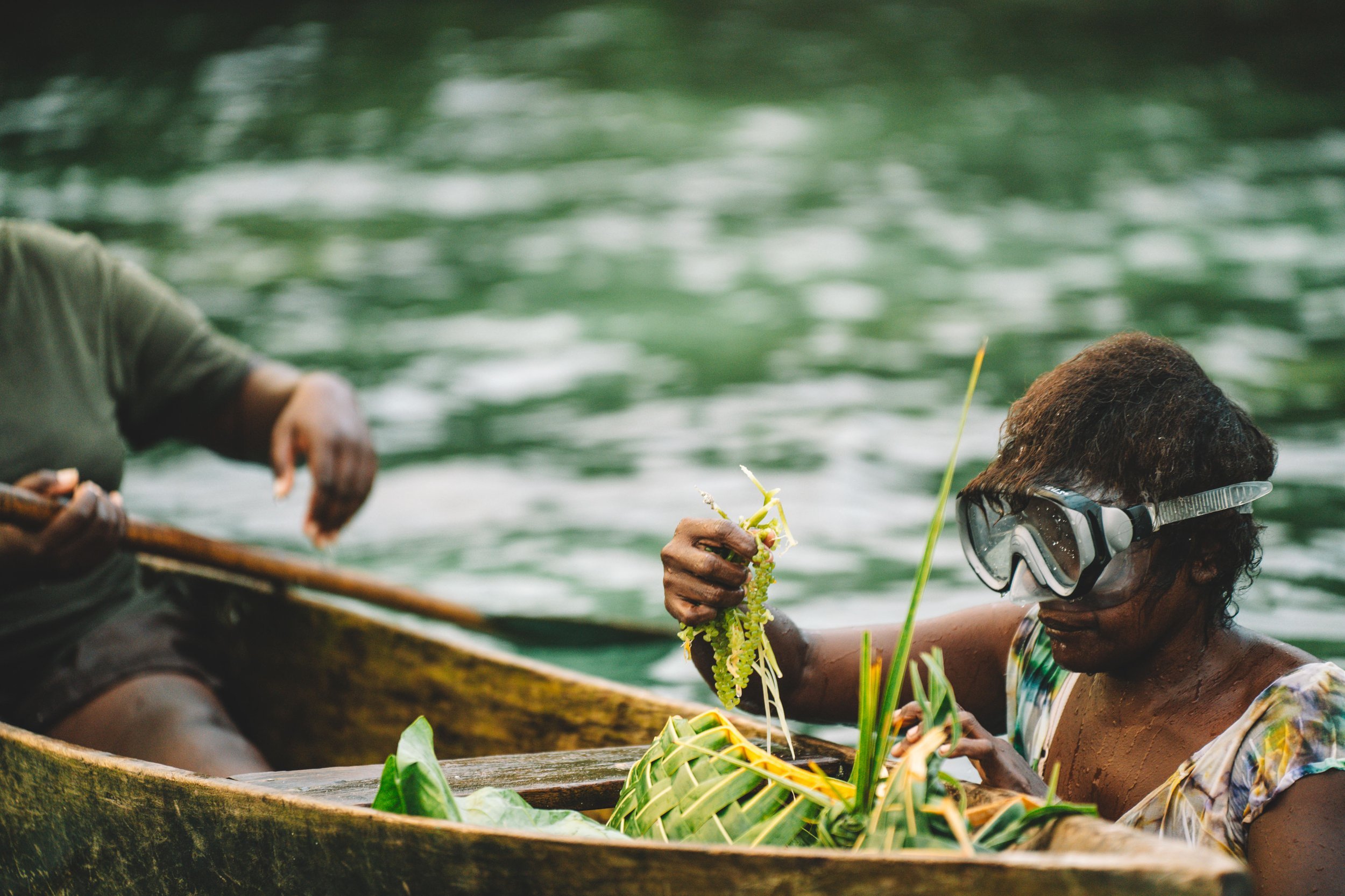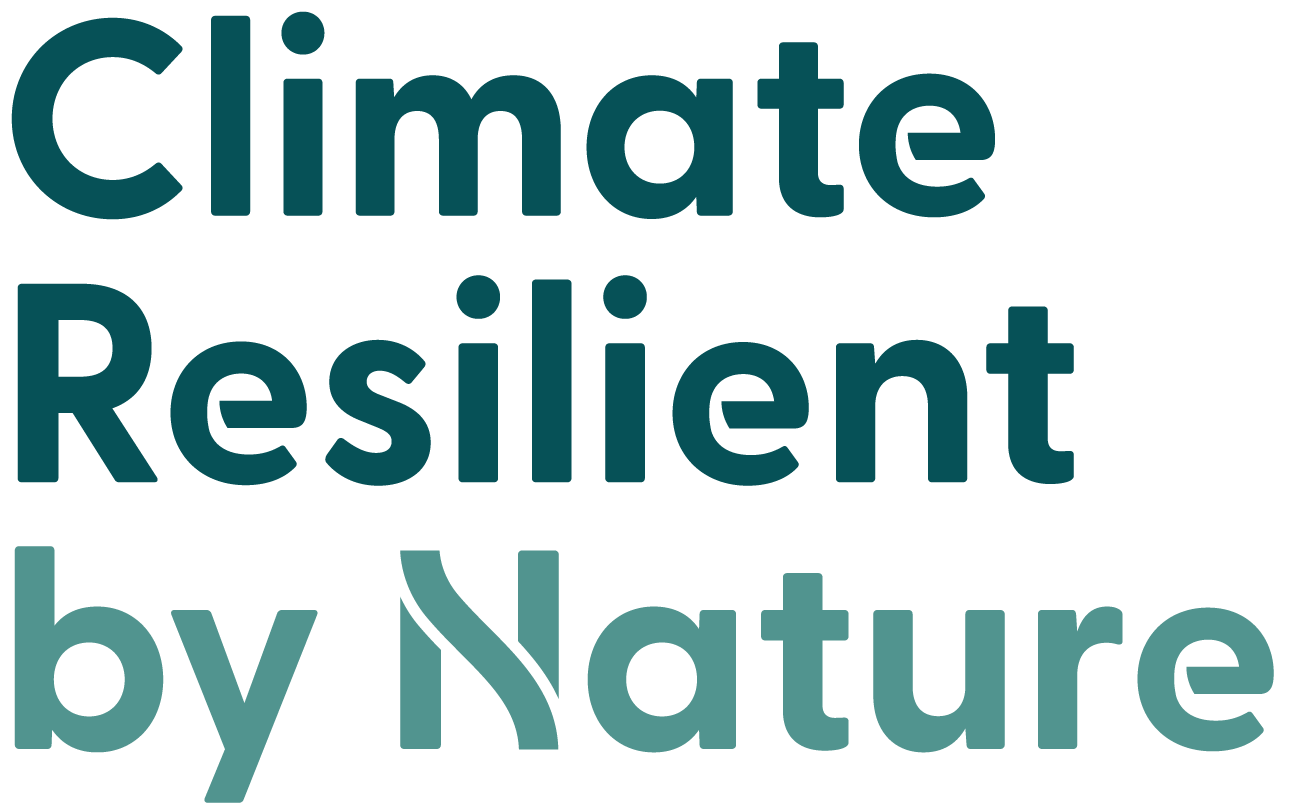
© WWF-Pacific/Torn Parachute
Nature-Positive Business for Climate Critical Ecosystems
Working to maintain and enhance the functionality of climate critical ecosystems including reefs and mangroves through community-led businesses.
Sustainably harvested seagrapes sold at market in Solomon Islands © WWF-Pacific / Andrew Buoro
Project summary
Coastal ecosystems, notably coral reefs, mangroves, seagrass and lagoons provide a buffer from climate-related disasters, support the production of nutritious foods and hold great cultural and social significance for Pacific communities. However, uneven development and a rapidly changing climate are putting extreme stress on ecosystems everywhere and threatening the economic, social and cultural well-being of communities on the front lines.
Nature-Positive Business for Climate Critical Ecosystems, implemented in Fiji and Solomon Islands aims to maintain and enhance the functionality of linked ecosystems including reefs, mangroves and forests, through community-led approaches to resource management. This includes establishing community-protected marine and mangrove areas . Protecting critical ecosystems safeguards their climate mitigation and adaptation functions, including ensuring their continued effectiveness as carbon sinks; supporting food security through sustainable fisheries and sustainable land use and offering coastal protection from storm surges and other natural disasters.
At the same time, the project will support the development of sustainable, alternative income streams for communities reliant on the natural resources provided by coastal ecosystems. In Fiji (Macuata and Ba Province) and Solomon Islands (Western Province), the project will support communities develop mangrove management plans that integrate with existing fisheries management plans. Sea grapes have been identified as the nature-positive business product of focus in Solomon Islands, while sea cucumbers are being piloted as an option in Fiji. Identifying and testing viable business models will support and incentivise communities to preserve climate-critical coastal ecosystems by adopting nature-based solutions.
This project is funded under Component 1 of Climate Resilient by Nature (CRxN), supporting the expansion of existing nature-based solutions approaches.
Our approach
Protecting and restoring ecosystems and improving food security through community-led fisheries management.
Generating integrated, nature-based livelihood opportunities, such as through sea grape production and value adding.
Reducing impacts of storm surge and disaster risk through protection of mangroves.
Achievements
A 70-hectare permanent community protected area covering the islands of Nukuvadra and Katawaqa declared in Nadogo District, Fiji.
Successful launch of sea grape enterprise, selling out all available lotion and soap products
406 hectares under active management in Solomon Islands.
204 people engaged in new or enhanced livelihoods in Solomon Islands and Fiji.
310 women involved in nature-based solutions in Solomon Islands and Fiji.

Nerolyn, a sea grape harvester and community facilitator © WWF-Pacific / Andrew Bouro

Taru, a sea grape harvester and a customer © WWF-Pacific / Andrew Bouro

Sea grape products © WWF-Pacific / Andrew Bouro



